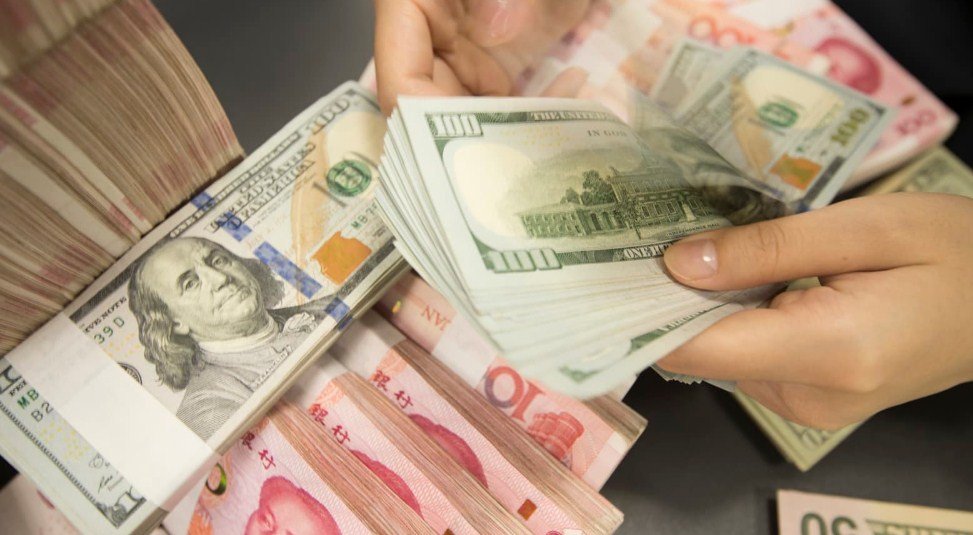PBOC instructs banks to reduce Bond Connect investments
China’s central bank has asked some domestic banks to scale back their outward investments through the Bond Connect scheme, according to two sources with direct knowledge of the matter. The window guidance from the People’s Bank of China (PBOC) seems to be aimed at containing yuan outflows into Hong Kong, and thus ensuring less supply of yuan in offshore markets, the sources said.
The southbound leg of the two-year-old Bond Connect scheme allows mainland institutional investors to purchase bonds traded in Hong Kong. One of the sources said that by restricting the movement of yuan to offshore markets, there is a potential for tightening offshore yuan liquidity, which could consequently elevate the financing cost. The source reckons the central bank’s move is a strike against foreign yuan bears.
Both sources spoke on condition of anonymity as they were not authorised to talk to the media. The PBOC declined to comment on the content of the window guidance.
China defends its currency amid global market turmoil
The directive is the latest in a volley of measures China has taken to defend a currency that has been beaten down by a weak economy and capital outflows. The yuan has depreciated by around 5% against the dollar so far this year, reaching its lowest level since April 2020.
Several measures in the past week have been aimed at raising the cost of shorting the yuan offshore. State-owned banks within China have initiated a process of withdrawing liquidity from the market by reducing their lending to other banks. Simultaneously, they have actively traded sell/buy swaps in the forward market to absorb offshore yuan.
Alongside these actions, the escalation of yuan bill sales by China’s central bank in Hong Kong this week has contributed to a tighter liquidity situation in the offshore market. As indicated by a former central banker, this move has played a role in stabilizing the yuan.
China limits NCD subscriptions from offshore banks
Furthermore, reports suggest that the PBOC encourages banks to discontinue their subscription to Negotiable Certificates of Deposit (NCDs) from offshore banks. This step marks another phase in China’s endeavor to regulate the volume of yuan accessible within Hong Kong’s markets.
NCDs are short-term debt instruments issued by banks that can be traded in secondary markets. They are often used by offshore banks to obtain yuan funding and invest in higher-yielding assets in mainland China.
These measures reflect China’s determination to safeguard its currency within the challenging global market landscape. The country faces multiple headwinds, including slowing growth, rising debt, trade tensions, and regulatory crackdowns on various sectors.

